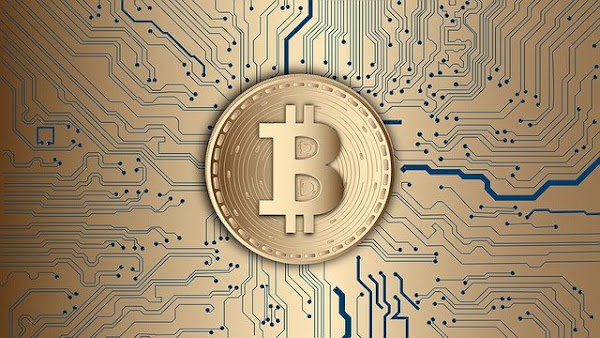The European Union (EU) has approved a framework called Markets in Crypto Assets (MiCA), which is in charge of regulating cryptocurrencies in Europe.
Christian Anders, CEO of the cryptocurrency company Btc.x, cautions that there may be difficulties in its successful deployment across the continent.
Multiple obstacles
Anders claims that the road to European MiCA standards approval is more like a marathon than a sprint. Even if the legislation itself gives the digital currency industry the much-needed structure, making it a reality might call for extra diplomatic skill.
Sweden and other European countries, for example, might require more convincing before they completely embrace the changes.
European cryptocurrency exchanges are anxious for the MiCA framework to go into force so they may establish their businesses on a solid legal base.
Some national governments, however, do not quite share this enthusiasm. A rising number of these countries, including Sweden, are reluctant to provide new licences to bitcoin businesses.
The two-edged sword of crypto
Even though such reservations won't prevent MiCA from being implemented, they might surely delay it. The MiCA framework's two sides are revealed here.
It gives thorough restrictions for the bitcoin market on one side. On the other hand, it is susceptible to the various perspectives and degrees of acceptability of various European countries.
The United States Securities Exchange Commission (SEC) appears to be trudging through its own regulatory minefield as the EU tries to manage similar difficulties. Because Crypto.com operates inside the US, Anders suggests that it will likely be the next company under SEC investigation.
Anders compares the regulatory environments in the US and Sweden, though on a much smaller scale, and compares the SEC's attack on Binance and Coinbase to the severe restrictions implemented by the Swedish government.
Anders continues to be enthusiastic on Bitcoin despite these regulatory ambiguities. He contends that the obstacles governments and banks have placed in the way of Bitcoin only strengthen his belief in the virtual currency.
Particularly when compared to the flaws of fiat currency and the economic strain of inflation, Bitcoin's advantages in the struggle of monetary systems become increasingly clear.
Bitcoin appears to be doing well in terms of mining. With the creation of equipment that increases mining efficiency, businesses like Intel have entered the market.
Anders claims that the increased use of renewable energy is accelerating the growth of bitcoin mining in Europe.
Given the strong popularity among the younger generation, the future of Bitcoin and other digital currencies appears secure. Their inclination towards these cutting-edge technologies is expected to influence how money and commerce are conducted across the continent and, by extension, around the globe.
The expansion and influence of the cryptocurrency business are unabated, even as the EU and other regulatory authorities struggle to come up with effective regulations.












